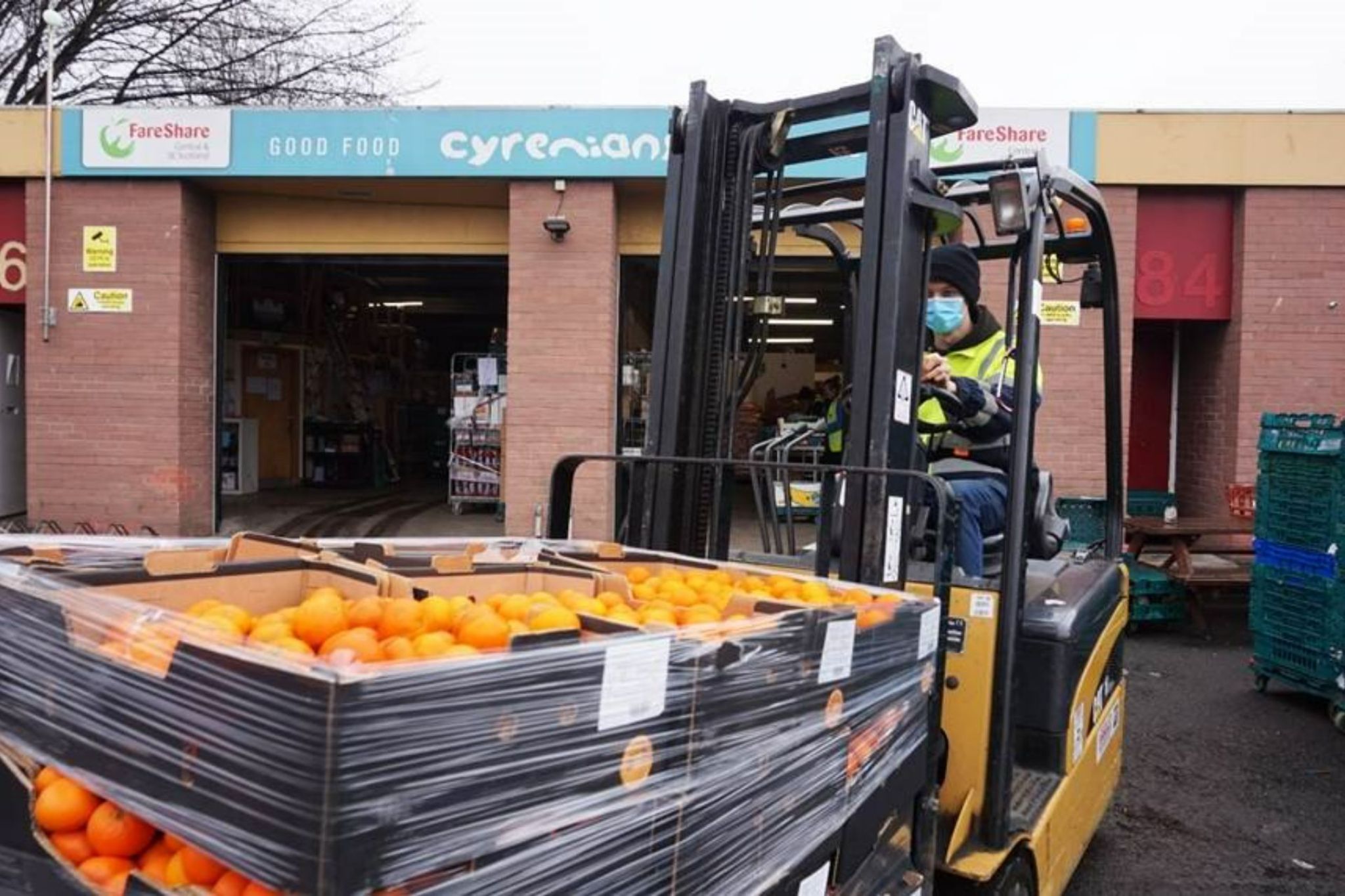The events industry thrives on creativity, energy, and resilience - but at what cost? Long hours, tight deadlines, and constant pressure are taking a real toll on the people behind the scenes. Recent research by the Meetings Industry Association (MIA) found that 53% have witnessed an increase in burnout, stress or wellbeing-related issues in the past year, with high workloads and tight deadlines cited as the primary causes.
Gordon McIntyre MBE speaks about his crucial work supporting mental wellbeing in the industry. Read on for Gordon’s wellbeing advice at the end of the article.
We came up with the idea to create a charity for the hospitality industry, to reduce the stigma around mental health and encourage staff to seek support.
Can you tell us a little about your journey and what inspired you to set up Hospitality Health?
Unfortunately, we experienced an important loss seven years ago from a friend in the hospitality industry. At the time, myself and many others were deeply affected and wanted to do something positive in his memory. That’s when we came up with the idea to create a charity for the hospitality industry, to reduce the stigma around mental health and encourage staff to seek support.
How did your experience in the hospitality sector shape your focus on mental health and wellbeing?
My experience in the industry has been largely positive, though early in my career I worked long, relentless hours and faced a great deal of stress. My colleagues and I were often under constant pressure to meet demanding targets. Over the years, I’ve also witnessed and heard about bullying, excessive working hours, and cancelled days off — issues that can deeply affect the wellbeing of staff. It became clear that something needed to change.
The first thing I think businesses should be doing is having an Employee Assistance Programme in place for all their staff.
The latest surveys show high levels of stress and burnout among event professionals and hospitality staff. Why do you think this is such a widespread issue?
Since 2020 staffing levels have been very tight, putting greater demands on employees. Five years ago, hospitality faced a staffing and recruitment crisis. While things have improved a little, some recent changes mean staffing is still tightly controlled, so employees on shift continue to work under pressure.
From your perspective, what are the biggest mental health challenges currently facing the hospitality and events industry, and do you think enough is being done to support employees?
Anxiety has become a significant issue within the industry. The constant pressure to deliver exceptional customer service adds to the stress, while the need to multitask or cover for absent colleagues only intensifies it. Although some businesses are taking meaningful steps to support their teams, this level of care is not yet consistent across the industry.
What practical steps can employers in hospitality and events take to better support their teams’ wellbeing?
The first thing I think businesses should be doing is having an Employee Assistance Programme in place for all their staff. This is not expensive – it could be as little as £7 per year per member of staff. The other thing is to train up some Mental Health First Aiders within the business. I actually think most businesses need two people, in order to cover days off and illness, but also to give the Mental Health First Aiders a person to turn to. I also know of many businesses creating a wellbeing officer, or someone who is happy to take a little responsibility for the teams’ wellbeing.
I think, because our industry is so resilient, there’s an expectation that hospitality and events staff will always have a smile on their faces.
Are there common misconceptions about mental health in the hospitality sector that you wish more people understood?
I think, because our industry is so resilient, there’s an expectation that hospitality and events staff will always have a smile on their faces. But that smile can often hide a lot beneath the surface. Since we’re creating memories and making sure guests and delegates have a great time, there’s also an assumption that staff are enjoying themselves, even when that’s not always the case.
There’s also a misconception that poor mental health only affects chefs, but front-of-house staff also experience it. No one is immune.
Could you share a success story where your interventions have made a real difference for a team or individual?
An HR professional from a hotel attended one of our mental health first aid courses and passed with flying colors. Believe it or not, just one week later, she found herself using the skills she had learned. A member of staff showed signs that something was wrong, so she encouraged them to stay for a coffee and a chat, ensured they were in a safe space, and gently supported them in seeking help.
I genuinely think things are improving but it is a little like trying to turn an oil tanker.
How do you see the industry evolving in terms of mental health and wellbeing support over the next few years?
I genuinely think things are improving but it is a little like trying to turn an oil tanker. Many businesses recognise that retaining staff, rather than constantly recruiting, is the best approach, and that improving company culture and employee wellbeing is key to achieving this. There are lots of good things happening in good businesses. Some teams have excellent wellbeing champions, for example. Someone who sees a team member struggling and says, let’s go for a coffee and a walk around the park, or who organises a team yoga class or team day out.
How can individuals and employers get involved with Hospitality Health or access your resources?
I would encourage them to visit the website hospitalityhealth.org.uk or get in touch with us through the enquiries@hospitalityhealth.org.uk with a request for us to fund some of their team on one of our fully funded Mental Health First Aid certificate course. We also award the better employers with our Wellness Charter, which is given to businesses that are doing the right thing for their teams, and creating a positive culture of support for the staff.
More information is available at hospitalityhealth.org.uk/about-the-wellness-charter





